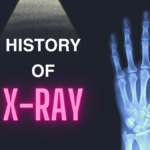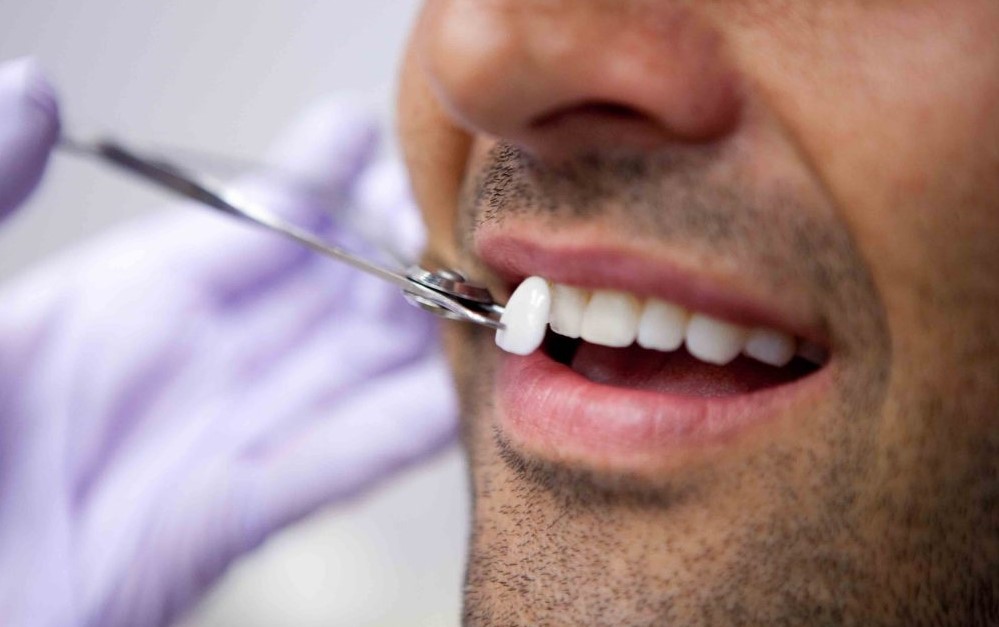Recent medical breakthroughs show that ultrasound can help to clear the plaque in your brain that contributes to alzheimer’s. Learn about ultrasounds potential
There are roughly 5.8 million Americans who have been diagnosed with Alzheimer’s disease. This number is expected by skyrocket to 14 million by the year 2050.
Do you have a loved one who is suffering from Alzheimer’s disease? If so, you’re probably desperate to find treatments that will improve their quality of life and slow down the progression of the disease.
There are many different treatments out there designed to help those with Alzheimer’s disease. One that has gotten a lot of attention lately is ultrasound therapy.
Read on to learn more about the potential benefits of ultrasound therapy for those who suffer from Alzheimer’s disease.
What Is Alzheimer’s Disease?
Alzheimer’s disease is a type of dementia. It’s important to note that there are several different types of dementia. And, not all individuals who suffer from dementia are suffering from Alzheimer’s disease.
Some common symptoms of Alzheimer’s disease include the following:
- Memory loss, especially forgetting recently learned information
- Difficulty making plans
- Difficulty solving problems
- Confusion about time and place
- Difficulty speaking or writing
- Showing poor decision-making abilities
- Changes in mood and personality
- Withdrawing from social situations
Alzheimer’s disease symptoms tend to come on gradually and get more severe over time.
What Is Ultrasound Therapy?
Ultrasound therapy involves the use of an ultrasound probe. This device makes direct contact with the skin and transmits sound waves to the tissues fo the body.
Ultrasound has long been used by physical therapists for many purposes, including:
- Expediting tissue healing
- Promoting relaxation
- Improving blood flow to injured areas
- Breaking down scar tissue
Some researchers have also found that they can use ultrasound therapy to help individuals with Alzheimer’s disease.
In those with Alzheimer’s disease, researchers use an MRI machine for extra guidance as they hold the patient’s head in an ultrasound helmet. This allows them to focus ultrasound waves on a specific area of the brain.
Benefits of Ultrasound Therapy for Alzheimer’s
The research on the benefits of ultrasound therapy for treating Alzheimer’s disease is still relatively new. What has been discovered so far, though, is quite promising.
Researchers believe that a special type of ultrasound therapy can be especially beneficial to those with Alzheimer’s. This therapy is known as magnetic resonance-guided focused ultrasound or MRgFUS.
It appears that MRgFUS is an effective treatment for those with Alzheimer’s because it helps to open the blood-brain barrier.
The blood-brain barrier is responsible for allowing small molecules to access the brain. The primary responsibility of the blood-brain barrier is to keep harmful substances out. It also allows nutrients to pass through and removes waste.
Researchers believe that the blood-brain barrier’s protective functions can sometimes be a hindrance, though. They believe that the blood-brain barrier may be preventing medications from accessing the brain.
Opening up the blood-brain barrier in a controlled way can ensure Alzheimer’s medications are making their way to the brain.
Other Alzheimer’s Treatment Options
Ultrasound therapy for treating Alzheimer’s disease is still in its infancy.
It’s very promising, but it may be hard for your loved one to gain access to this treatment outside of a controlled study. Here are some additional therapies you might want to consider trying.
Medications
Even if you don’t have access to ultrasound therapy, these drugs can still be useful for individuals suffering from Alzheimer’s.
Some of the most popular drugs for those with Alzheimer’s disease include:
- Cholinesterase inhibitors, which prevent the breakdown of the acetylcholine, which is essential for memory formation and learning
- Memantine, which regulates glutamate activity and helps with information processing
These two drugs are the most frequently used for treating Alzheimer’s symptoms.
Cholinesterase inhibitors are most often used during the early to moderate stages of Alzheimer’s. Memantine is used in moderate to severe stages.
Behavior Treatments
There are also steps you can take to manage the behavior changes that are common in individuals with Alzheimer’s disease (mood swings, outbursts, depression, paranoia, etc.).
Some common behavior management treatments include:
- Maintaining their personal comfort (avoiding hunger, thirst, pain, constipation, full bladder, etc.)
- Redirecting their attention when they get upset or confrontational
- Keeping their environment calm and free of excessive stimulation
Your loved one’s doctor may also recommend anti-depressants or other drugs to help with mood stabilization.
Alternative Treatments
Alternative treatments ought to be approached with caution, as most of them are not FDA-approved or regulated.
Some people who care for individuals with Alzheimer’s swear by the effectiveness of alternative treatments, including the following:
- Omega-3 fatty acid supplementation
- Caprylic acid supplementation
- Coenzyme Q10 supplementation
There don’t appear to be any negative side effects associated with these alternative treatments. Their efficacy is still questionable, though, and needs to be studied further.
Long-Term Care
In some cases, your loved one may also need long-term care in a residential nursing facility.
It can be hard to accept this, of course. But, there is a possibility all the same that you do not have the resources or knowledge necessary to care for your loved one.
In these situations, admitting them to a long-term care facility is one of the best things you can do for them.
You can visit this page to learn more about creating a care plan for your loved one and figuring out when it’s appropriate to consider long-term care.
Get More Alzheimer’s Care Advice Today
As you can see, ultrasound therapy can be a viable option for individuals who are suffering from Alzheimer’s. It’s not the only option, though.
There are plenty of other treatments that can be used along with ultrasound therapy. These treatments can help to yield better results and improve the quality of life of Alzheimer’s patients.
Do you want to learn more about caring for a loved one with Alzheimer’s disease? If so, be sure to check out the Health Section of our site today.
You’ll find a variety of articles here that will teach you how to be a better caregiver and make sure your loved one has access to all the resources they need.











